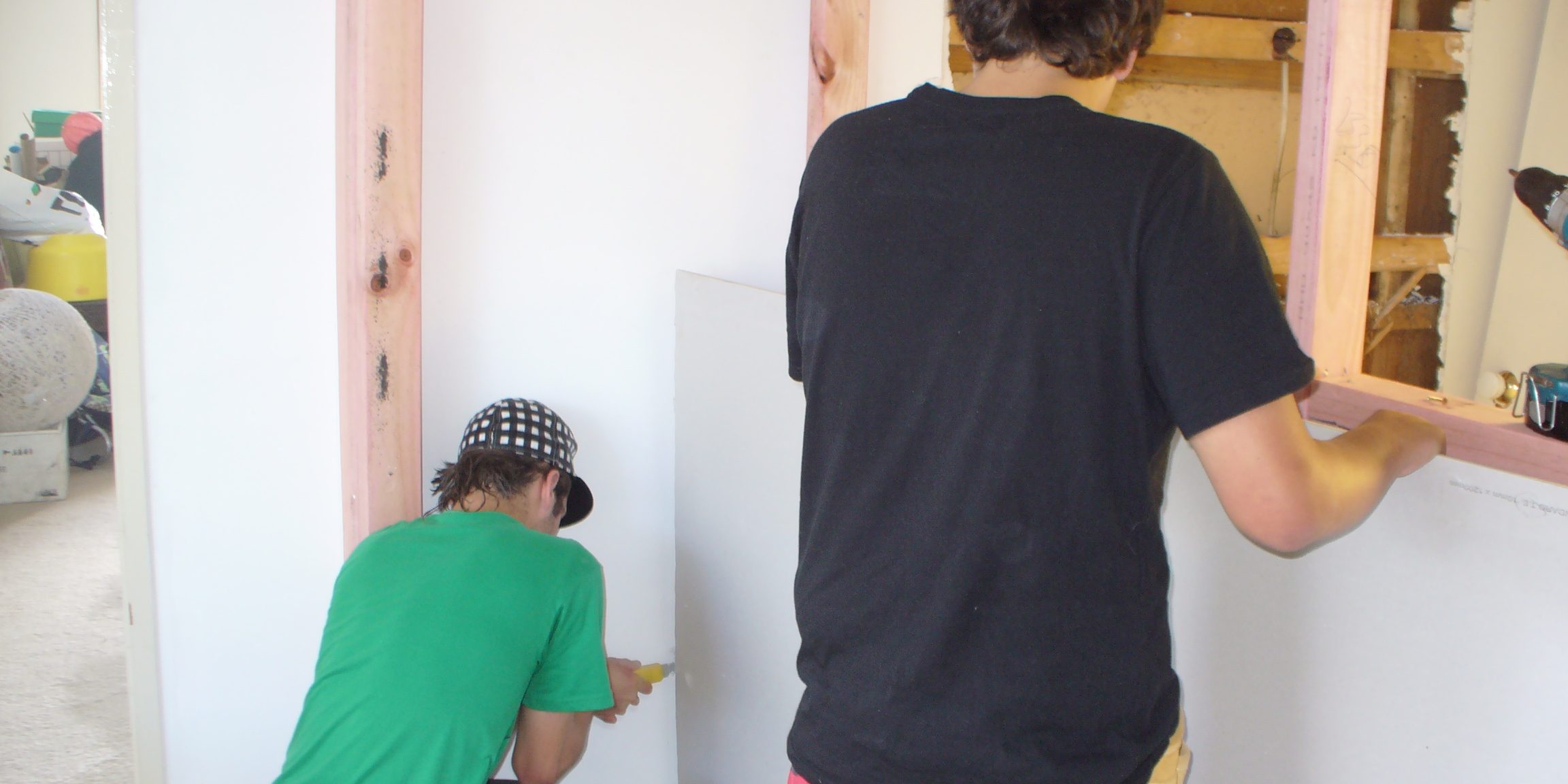DIY renovations are a great way to save money; however, they can also end up costing you if you don’t know what you are doing. While the internet has opened up an entirely new world of learning, watching a few DIY videos before a renovation is no substitute for years of training and on-site experience.
If you are determined to carry out DIY renovations on your home or investment property, there are a number of things you should be aware of before you begin. Being better prepared will save you time, money and energy.
Time and Cost Implications – Be Your Own Project Manager
Regardless of the task, whether it is painting or knocking a wall through, there are always additional considerations that a qualified professional will see. When you go into a project focused on what you want to achieve, rather than the cost and preparation work, you will inevitably run into problems.
Even a seemingly simple task, such as picking colour schemes, becomes a nightmare if you do not put enough thought into your planning. Will you need to strip the walls? Does the colour scheme match the rest of your decor? Is it a universally popular colour scheme? What standard of finish do you want to achieve? These are just some of the challenges you will face which will result in a longer and more costly project than you originally anticipated.
Encountering Unforeseen Issues
When qualified professionals encounter issues they can quickly reassess the situation and come up with a solution. You cannot rely on video tutorials or articles telling you how to install electrical or plumbing systems as you must use licensed professionals for these installations anyway. Many online resources provide general instructions on installation, which really cannot account for countless problems you may face during a real life renovation project.
Relatively speaking, plumbing and electrics often fall on the easier end of the spectrum. When you are faced with installation work that requires precise measurements, you may quickly feel like you are way out of your depth. Bathroom tiling and waterproofing are good examples of DIY renovations which require attention to detail, right down to the millimetre.
Planning a Renovation is Key
“Fail to plan, plan to fail” is very relevant to renovation projects. Seeing or having an idea for a renovation and getting stuck right in does not constitute a plan. When it comes to renovations, plans should be detailed and take any potential pitfalls into account. Remember those cost and time implications? They are largely the result of poor planning.
Most people would not launch a business without a plan, and renovations are no different. No matter what kind of renovation you are taking on, it is important that the information you’re sourcing matches the reality of the materials you are working with.
Why Not DIWF?
DIY renovations are tiring and stressful. You may find yourself struggling, so why not DIWF (Do It With Friends)? Knowing your limitations is an important factor of ensuring your renovation project is a success. If family or friends are willing to help and you trust their ability to get the job done, let them.
When getting help on your renovations, it is essential that a chain of command is established. Everyone should know their role and supervision is the key to making sure each job is carried out in accordance with the renovation plan. Fostering a cohesive team will make your project go much more smoothly, as lack of communication and arguments can cost you both time and money.
For more tips on your home projects and recommendations from registered builders, feel free to browse our Houspect website. If you need help or a building inspection, contact Houspect for a professional and efficient service.







